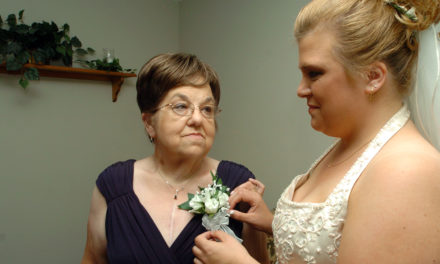The outbreak of COVID-19 and the unrest taking place across the country, is stressful for people. Fear and anxiety can be overwhelming and cause strong emotions in adults and children. People react in different ways and one of those is difficulty sleeping.
“Stress and anxiety may cause sleeping problems or make existing problems worse. The risks of inadequate sleep extend way beyond tiredness. Sleeplessness can lead to poor performance at work or school, increased risk of injury, moodiness and health problems.”
In addition to anxiety, those with sleep disorders are often at risk for heart disease, heart failure, irregular heartbeat, heart attack, high blood pressure, stroke, diabetes, and obesity.
Getting a Good Night’s Sleep
Dr. Alexander Gelfer, medical director of the sleep centers at Kenmore Mercy and Sisters of Charity’s St. Joseph Campus, suggests some simple strategies for a good night’s sleep:






Help for Restless Sleep
Occasional anxiety is not a cause for concern, but many Americans experience much more acute, recurring problems. Insomnia is a common sleep disorder affecting 3 million Americans that is characterized by the inability to fall asleep or stay asleep for extended periods of time.
If managing your bed time stress continues, it may be time to call sleep specialist. Call Catholic Health at (716) 447-6205 to find one that is best for you.
Find a Sleep Specialist Near You
Call (716) 706-2112
Find a Sleep Specialist Near You
Call (716) 706-2112





